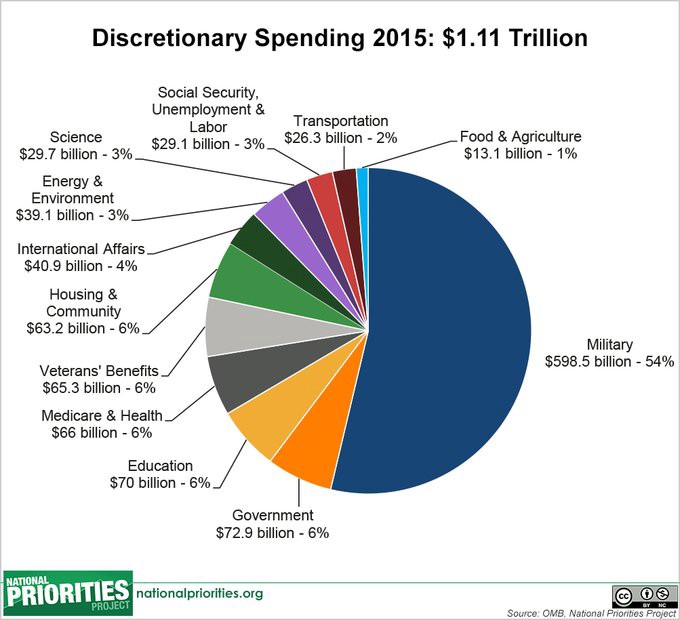Because the government doesn’t really ask? Because the Caesar just takes what is Caesar’s?
Somehow people don’t feel like they can choose. I can choose the Appstore or the Play Store, I can walk or Uber, I can sell on amazon or not, and the terms are upfront and I can bail out.
With government I am born into obligations.
What you buy from the government is the lowest common denominator service, and the product is offered is so disconnected from what you really need. There is no real choice. The political choice hardly finds its way into what we get in return for the contribution: eight years are barely enough to start a reform.
It’s time to recognize that it’s not government vs. the market — government and our market system are the ultimate public-private partnership.
The grand scale public-private partnership is more often about the private sector sucking up on tax money, and the public sector slashing profits by tax sharpening. At small scale this marriage works well, but not so often do governments encourage small players to work with public money.
The central park example in the article is a perfect description of decentralization, of highly organized local government with highly active local members acting as citizens because they feel tangible results of their implication. With the big central government the example fails, it all looks like whim and game, like corruption dues, like ever generating debt.
Surely there is more nuance to why deficits are so big in today’s largest economies, more than greedy citizens wanting free stuff.
I actually wonder, why isn’t the goal of all central governments to eventually give away free stuff (things and services)? That should be the greater goal all over the world: find ways to universalize things. But instead of making it a real goal, we do it in hiding spending other people’s money, and with no care how that money is created before being borrowed (sure, borrowing from China, as in .“the U.S. debt to China is $1.241 trillion, as of June 2016”, should raise a lot of questions to how ethical is to borrow that kind of money).
We incentivize citizens to work more. More value is created, yet so little of that value is returned to society, and from that little we can only make crappy health systems, crappy insurance, crappy utilities, crappy transportation and on and on and on.
I laugh at the libertarian small government ideal. The ideal government is composed of every single citizen of the country. There are ways, some work, some don’t. But the way we’re forced to buy deplorable service and products from low performing governments isn’t ever going to make people happy about giving Uncle Sams of the world the cut of our existence they ask from us by ways of force.
It is not normal to be death and taxes. Death is enough.
But yet you’re fully exposed to government failures, and no one is liable to you.
government is simply a mechanism for collective action.
Yes, this. But this is where Nassim Taleb has it right, the bigger the construction, the weaker the construction.
Collective action at scale must result from synergy, not central planning. Greater goals are a domain of symbiosis, not expert forecasting. These things should be considered practically and action derived from them, but we’re too busy handling trillions forgetting that we hardly even comprehend these numbers.
Look at this shame:
